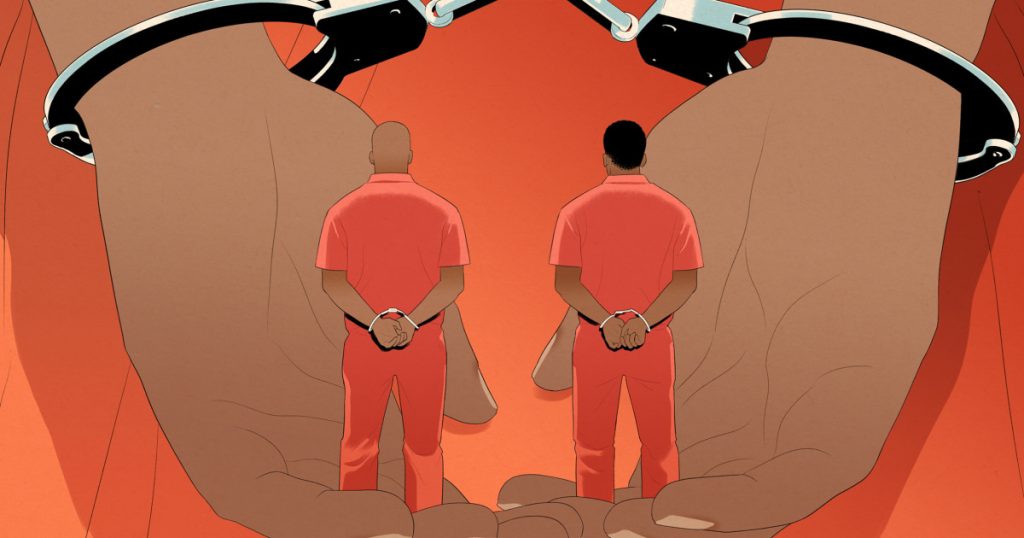Sterling Flint, a repeat offender with a criminal history, played a key role in sending two men to prison for life in separate cases in Georgia starting in 2001. In the first case, Flint was a key witness against Sonny Bharadia, who was convicted of a sexual assault near Savannah. Flint’s DNA was later found at the crime scene, raising questions about his testimony. In a separate case in 2009, Flint provided a statement against Erik Heard, who was later convicted of a fatal shooting based on Flint’s testimony. Lawyers from the Georgia Innocence Project have since challenged both cases, arguing that Flint’s false claims helped convict innocent men.
The use of informants in criminal cases, especially those with incentives to provide incriminating information, is a contentious issue in the United States. Research has shown that juries tend to believe informants, even when they are unreliable or untruthful. Scholars have found that many wrongful convictions involved informants who provided false information. Some states have implemented regulations on the use of informants to prevent such injustices. Authorities must corroborate information from informants, especially when they stand to benefit from their statements.
In the cases of Bharadia and Heard, Flint’s statements were crucial in securing their convictions, along with other flawed evidence such as suggestive photo arrays and unreliable eyewitness identification. Both men’s lawyers have argued that their prior legal representation failed to adequately address issues related to the evidence used against them. The Office of the Attorney General in Georgia has defended the convictions of Bharadia and Heard, despite ongoing challenges from the Georgia Innocence Project. The effectiveness of Flint’s testimony has been called into question by the recent legal challenges.
Despite his history of criminal activities and repeated stints in prison, Flint expressed concerns about his family and financial troubles in various interactions with law enforcement. His statements led to the convictions of Bharadia and Heard, who are now seeking new trials based on evidence presented by the Georgia Innocence Project. Both cases highlight the potential pitfalls of relying on informants with a history of dishonesty. The legal battles against the faulty convictions are ongoing in Georgia, with the Innocence Project pushing for justice for the wrongly accused men.
Judge Laura Tate recently granted Bharadia a new trial, citing issues related to DNA testing, eyewitness identification, and Flint’s credibility as a key witness. The case of Heard remains pending a decision on a new trial, with the Georgia Innocence Project advocating for his innocence. The challenges faced by both men highlight the importance of rigorous legal representation and scrutiny of unreliable witnesses like Sterling Flint. The legal battles demonstrate the complexities of the criminal justice system and the need for safeguards against miscarriages of justice.


